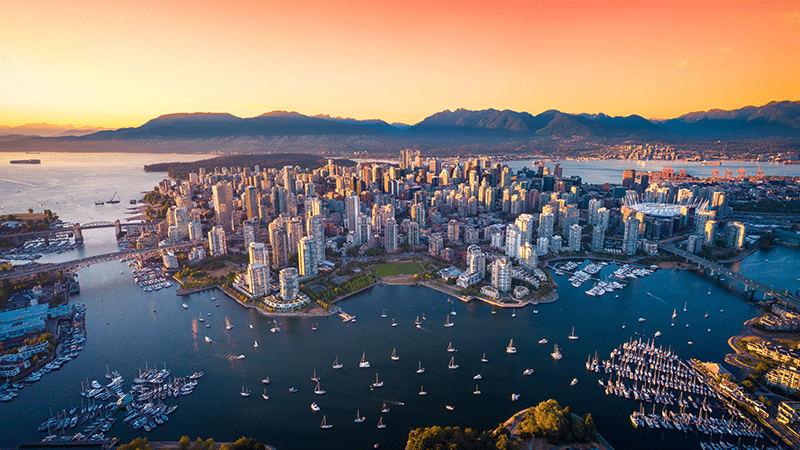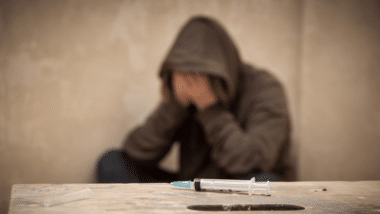Critics have branded Canada’s drug policy experiment in British Columbia (BC) a catastrophic failure.
Opponents say the decision by the federal government to allow the province to decriminalise the possession of certain drugs for “personal use” – such as heroin, fentanyl and cocaine – is causing serious harm.
Under pressure from the police, politicians and the public, BC Premier David Eby has already pledged to ban drug use in public but not in officially sanctioned drug consumption rooms.
Deaths
Writing in The Daily Telegraph, journalist Sarah Green highlighted the devastating effects of the controversial policy on Vancouver, BC’s largest city, which is now in the grip of an opioid epidemic.
She reported: “Last year, the province recorded 2,511 drug-related overdoses, 87 per cent of them down to fentanyl. The death rate in Vancouver itself now stands at 56 per 100,000 people – nearly three times the national average.”
However, she explained that in Vancouver’s Downtown Eastside – home to 5,000 drug users – “the rate is nearly 30 times higher than the rest of the country”.
Walking through the district, Green said it is “profoundly shocking”, with the bodies of drug users lining the streets, some barely breathing. She added: “Discarded needles are everywhere”.
‘A free ride’
Shadow addictions minister Elenore Sturko described decriminalisation as a “dangerous and disastrous” policy failure, causing “increased harm”.
According to Fiona Wilson, Deputy Chief Constable with Vancouver Police, decriminalisation has also presented the police with “a massive challenge”, not least because they no longer have grounds “to approach a person who is publicly using illicit drugs in the absence of any other criminality”.
One Downtown Eastside paramedic likened the place to a warzone, and accused the Government of creating “a system where people can wake up and get high everyday”. He added: “It’s a free ride in life that’s funded by taxpayers.”
Scotland
Last year, Scotland’s Lord Advocate indicated that she is ready to effectively decriminalise the use of hard drugs in a Glasgow clinic.
Dorothy Bain KC denied her proposal amounted to the toleration of criminality and claimed Police Scotland would “retain the ability to effectively police the facility”.
While drugs laws are decided at Westminster, the Scottish Government can set policy on how those laws are applied within the Scottish criminal justice system.
In 2022 – the latest available figures from National Records Scotland – drug-related deaths exceeded a thousand for the fifth year in a row.
Soft touch on drugs risks legalisation by stealth
Irish TD demands cannabis decriminalisation
BBFC to safeguard kids from sex, violence and swearing but goes soft on cannabis


